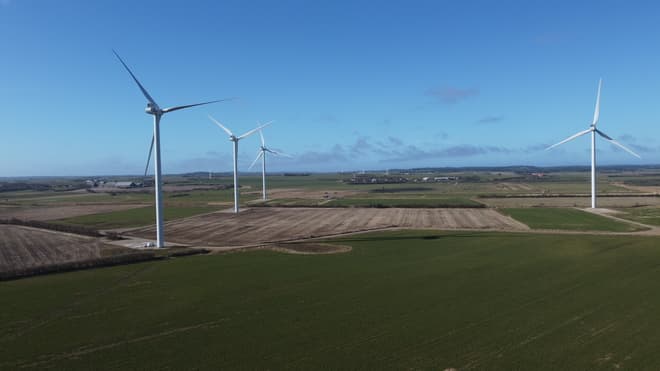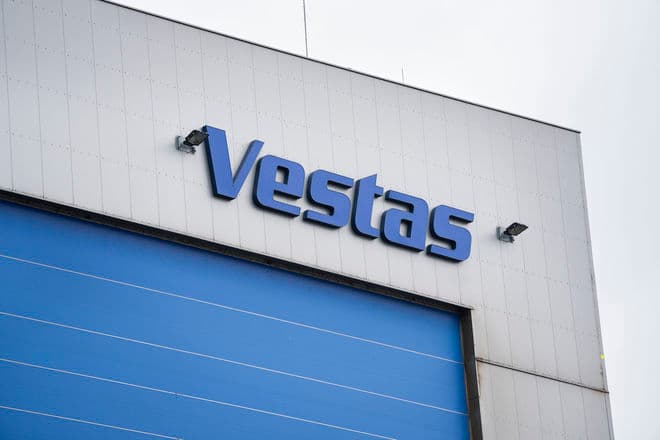
KL proposes that parts of a current bill on heat supply be reworked. The bill, which includes a price cap for district heating plants, could, in KL's opinion, lead to the closure of heating networks with stranded costs.
This is apparent from KL's consultation response in connection with the bill on the amendment of the heat supply act and the planning act. KL's consultation response is divided into three main comments, the first of which deals with the financial consequences for municipalities of introducing a price cap.
"If heating prices exceed the price cap, it will entail a risk that consumers will disconnect from district heating, which could lead to a negative price spiral and potentially bankruptcies among district heating companies. This will leave municipalities with major financial and administrative challenges, and citizens will be hit by increased heating prices and an uncertain supply situation," the consultation response states.
- As an extreme consequence, it could mean bankruptcies and thus a major administrative and financial burden for the municipalities, which have often guaranteed the loan to the company and ultimately therefore also the citizens, the chairwoman of KL's Climate and Environment Committee Birgit S. Hansen (S) has previously stated to Danish Municipalities.
Company form and termonet
The second main comment from KL concerns new requirements for operating district heating companies, where the bill states that municipalities may only operate them as joint-stock or private companies, which in practice will prohibit existing municipal partnership companies.
Here, KL believes that the proposal will limit the municipalities' freedom to choose the company form, and that restructuring will entail significant administrative and financial costs.
The third main comment in KL's consultation response applies, as previously mentioned in DK Nyt, to termonet. The bill states that the district heating network is not considered a collective heating supply and is therefore not covered by the Act on Heating Supply. Here, KL wants the district heating network to be equated with other collective heating solutions, so that municipalities can own and operate the district heating network and provide municipal guarantees for loans for district heating network projects.
The consultation period ended on 22 August, and the consultation responses are now in the ministry, where the draft bill will be further processed. When the Folketing opens in October, it will be clear whether the proposal is included in the legislative catalogue for the next year.
According to the draft of the upcoming Act on Heat Supply, the Act will enter into force on 1 January 2025.
See the draft of the bill here.
Text, graphics, images, sound, and other content on this website are protected under copyright law. DK Medier reserves all rights to the content, including the right to exploit the content for the purpose of text and data mining, cf. Section 11b of the Copyright Act and Article 4 of the DSM Directive.
Customers with IP agreements/major customer agreements may only share Danish Offshore Industry articles internally for the purpose of handling specific cases. Sharing in connection with specific cases refers to journaling, archiving, or similar uses.
Customers with a personal subscription/login may not share Danish Offshore Industry articles with individuals who do not themselves have a personal subscription to Danish Offshore Industry.
Any deviation from the above requires written consent from DK Medier.



















